Rice is an important to Taiwan as most people eat rice as the staple food. Rice is an integral part of life. In Taiwan, rice is grown and harvested twice per annum. There are about 228,000 rice farmers on the island. The average area of paddy fields was approximately 270,000 hectares during the past three years. This translates to an annual output of c. 1.27 million tons of brown rice and revenue of NT$37 billion or so. Over 70% of rice in Taiwan is grown in Changhua County, Yunlin County, Chiayi County, Taichung City, Tainan City, and Hualien County. After careful breeding over the years, rice varieties can be grown in most places all over Taiwan.
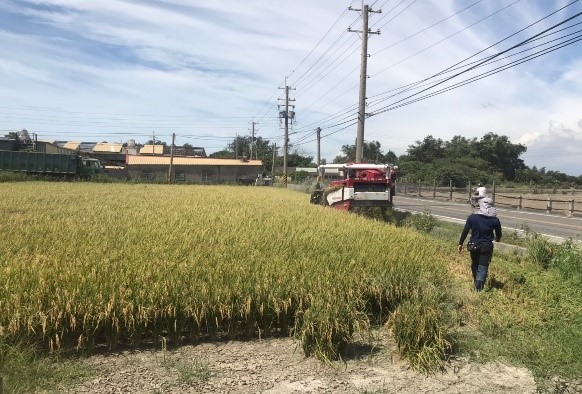
To be in the rice trade, you need to figure out different rice varieties. Rice comes in three varieties: Japonica rice, indica rice, and glutinous rice. Indica rice can be further divided into long indica rice and regular indica rice. This is basic knowledge for the rice trade. The four factors that influence the production and quality of rice are the climate, the soil, the technology, and the temperature. Rice varieties, timing, and these four factors should also be considered to ensure good harvests and profits.
Rice needs to be dried to the appropriate status for long-term storage. Rice can also be divided into the rice purchased by the government and the rice sold to the public. Rice purchased by the government needs to keep for a long time so the water content will be reduced to 13%. Rice sold to the market is for immediate consumption and fast turnover. To maintain the flavor, the water content will be lowered to about 16%. Rice dryers need to control the temperatures for different rice varieties. Otherwise, wet rice will be ruined in the drying process.
When Taiwan entered the WTO, cheap foreign rice swamped the domestic market and put Taiwanese rice at a price disadvantage. The influx of low-priced foreign rice squeezed the addressable market of Taiwanese rice. However, the farming techniques in Taiwan are highly regarded and the climate is indeed suitable for rice. This gives Taiwanese rice a quality edge comparing to cheap imported rice in large volumes. The other challenge for Taiwanese rice is the change of dietary habits among local people and the increasing consumption of wheat.
To sell the Taiwanese rice, Fenggu Company worked with the market leader Yeedon Enterprise. It has signed a contract with Erlin, Fangyuan Farmers’ Association to rice purchased by the government. Fenggu Company spares no efforts in the promotion of the rice culture. The second-generation owner Mr. Tsung-wen Chen has received the Golden Merchant’s Award for his efforts. In the spare time, he and his wife tour schools to promote the rice culture of Taiwan. They share with junior high students the benefits of rice eating and the advantages of Taiwanese rice. It is no surprising that many farmers recommend Fenggu Company and entrust their rice to the hands of Fenggu Company.
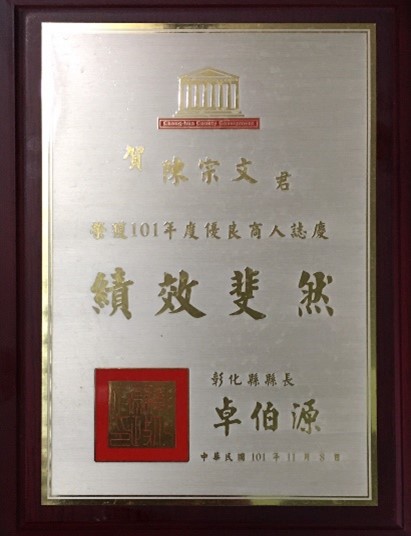
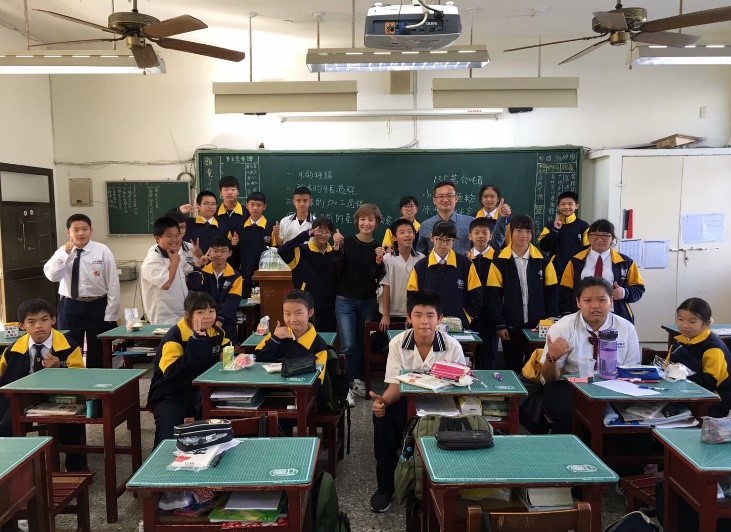
There are many things farmers need to worry about – shrining rice sales, no income, and no funding. They cannot live if the crops they grow lose value. This is the reason why being a businessperson is not as straightforward as it seems. A good transaction requires thinking from different perspectives.
Currently, Fenggu Company processes about 8,000 metric tons of rice per annum and generates an annual revenue of over NT$200 million from the two harvesting seasons each year. Going forward, Fenggu Company hopes to set up new facilities in Erlin Township, not far from its current site. This controls the transport costs of wet rice and avoids the quality concern associated with prolongated transport.
Fenggu Company established its groundwork by its founder and with innovations from the second-generation owner, it transformed into an exceptional rice drying business. The story of Fenggu Company is truly remarkable.
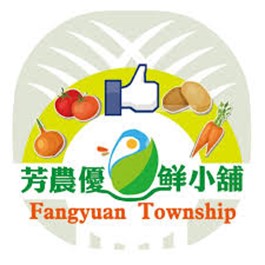
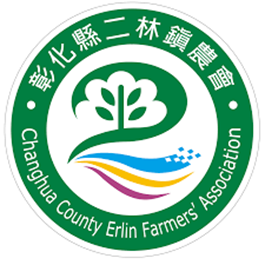
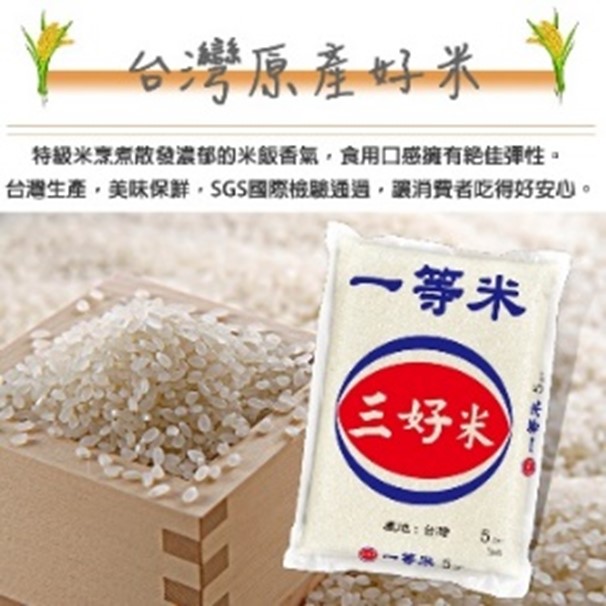
2020.08.04, 2020.08.28, 2020.11.15 interview records
https://www.coa.gov.tw/ws.php?id=2502309
Taken by our team member
https://www.facebook.com/FANG60537809/photos/a.101095795031965/120079413133603/
http://www.rlfa.org.tw/images/main_top_1.jpg
https://media.u-mall.com.tw/BBCont/002339/2339100/4d269185-1473-46b9-ba06-91a10afb8b5f.jpg
 top
top  Homepage
Homepage